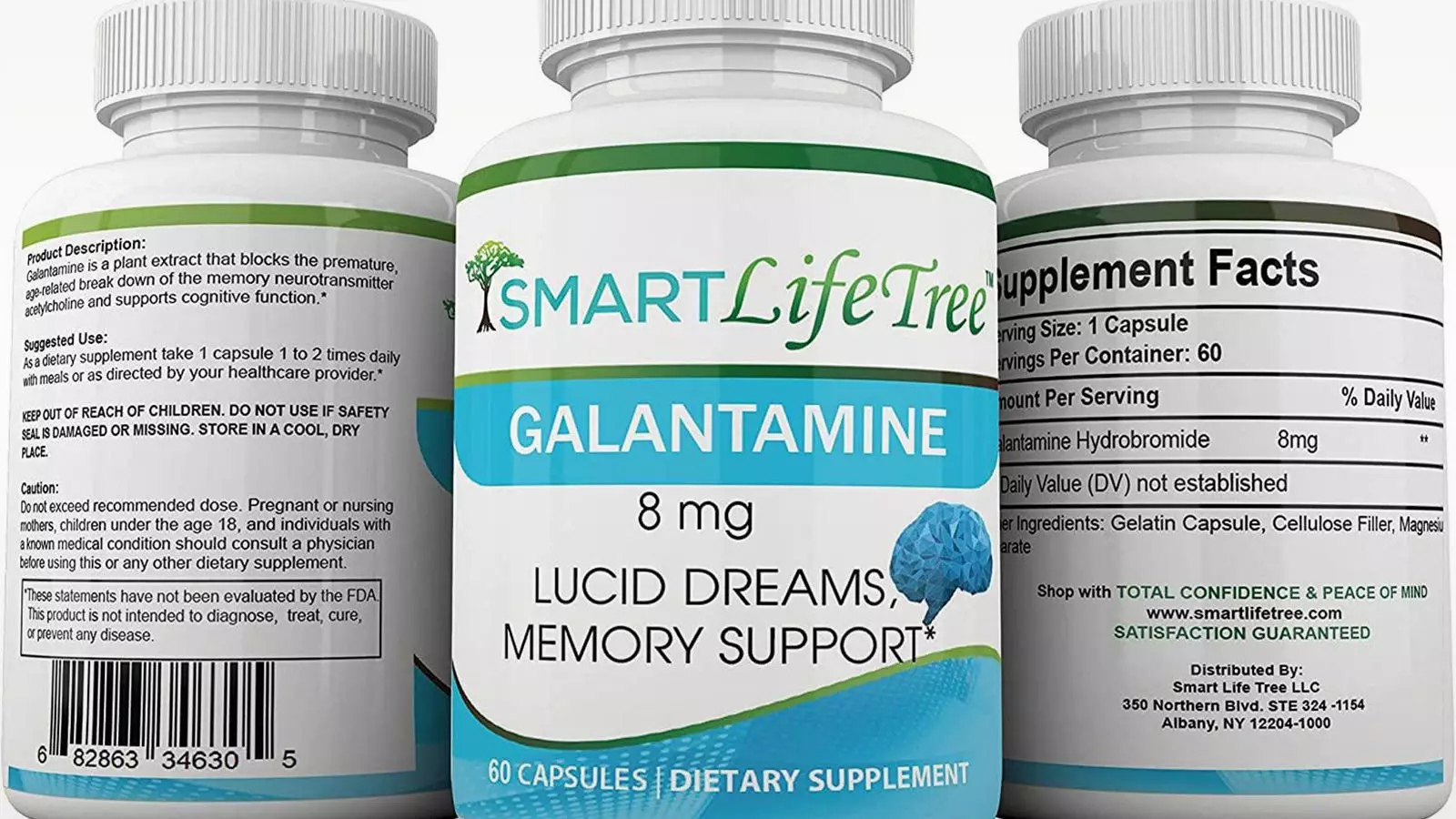An analysis conducted by Pieter Cohen, MD, and colleagues revealed significant differences in the accuracy and contamination levels of galantamine sold as dietary supplements versus generic drugs. While generic drugs contained galantamine quantities ranging from 97.5% to 104.2% of the labeled content, dietary supplements varied greatly, with quantities anywhere from 2% to 110% of the labeled amount. This stark contrast highlights a concerning issue in the quality control of dietary supplements in the market.
In addition to the discrepancies in galantamine quantity, the analysis also found that three out of the ten brands of dietary supplements were contaminated with Bacillus cereus sensu stricto, a bacteria that could potentially cause diarrheal illnesses. This contamination not only raises red flags about the manufacturing processes of these dietary supplements but also poses serious health risks to consumers. In contrast, no bacterial contamination was found in any of the generic drugs, further emphasizing the quality difference between the two types of products.
Galantamine, a plant alkaloid with anticholinergic effects used to treat Alzheimer’s dementia, has shown efficacy in reducing the risk of severe dementia. However, the supplement form of galantamine is marketed for a variety of cognitive conditions, with manufacturers claiming benefits such as improved memory and cognitive acuity. Despite these claims, the analysis revealed significant discrepancies in the actual quantity of galantamine in dietary supplements compared to generic drugs, calling into question the effectiveness and safety of using these supplements for cognitive enhancement.
Recommendations for Clinicians
Cohen and colleagues recommend that clinicians inquire about patients’ use of dietary supplements, especially those containing galantamine, and advise against the use of galantamine supplements. They highlight the potential adverse effects of inaccurately labeled supplements, including drug-drug interactions and various symptoms such as nausea, vomiting, dizziness, bradycardia, and syncope. Patients with Alzheimer’s disease, in particular, may be adversely affected by using galantamine supplements instead of generic drugs, as the quality and accuracy of these supplements are questionable.
The researchers acknowledged several limitations of the study, including the fact that galantamine supplements were purchased at a single time point, which may not be representative of all products available in the market. Additionally, the findings of this analysis may not be generalizable to other substances that are available as both supplements and drugs, such as niacin, potassium, or iron. This raises concerns about the regulatory laws governing dietary supplements in the U.S. and the lack of quality assurance for active drugs sold directly to consumers as supplements.
The analysis conducted by Cohen and colleagues highlights the need for stricter regulations and quality control measures for dietary supplements, especially those containing active drugs like galantamine. The discrepancies in galantamine quantity and the presence of bacterial contamination in dietary supplements pose significant health risks to consumers and underscore the importance of informed decision-making when choosing between dietary supplements and generic drugs.


Leave a Reply